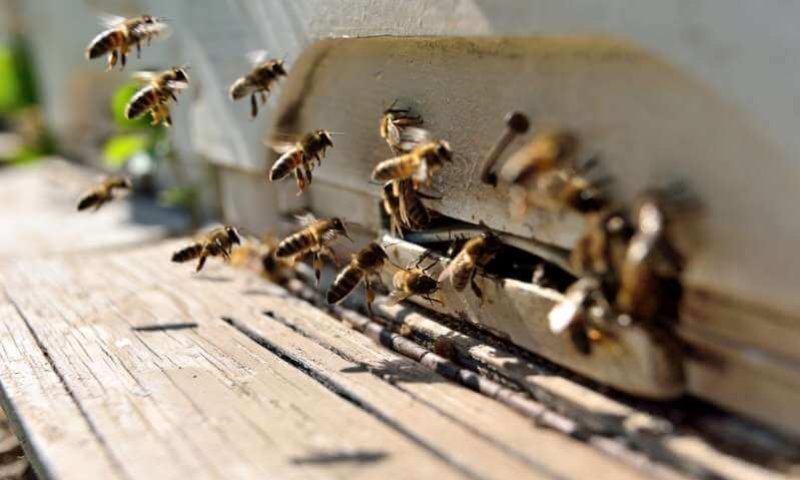As we enter the fall months, it is safe to say the 2017-18 California citrus crop year was a success. All varieties of fresh citrus achieved positive net revenues for growers, and some would say this past season was better than the previous season by a significant margin. But you’re only as good as that last pool statement, and dark clouds are on the horizon.
…
The cost of farming has increased slightly, if we’re talking inputs. If we’re talking government or customer-imposed costs, the increase is massive …. This misguided, costly, and wasteful food safety effort carries over into the perception of farming …. For the citrus grower, the hijacking of issues by environmental activists regarding bees, crop protection tools, and colony collapse disorder is an effort based upon emotion and perception.
…
Bee deaths are not climbing. Colonies are at numbers today equal to or greater than they were a decade ago, and crop protection tools are not the issue. Furthermore, labels are very clear as to what material can be used at what time to better protect bees. But activists carefully ignore that the Varroa mite runs rampant because colony inspections were allowed to lapse. They conveniently ignore the role of a virus that decimates populations. They conveniently ignore that two-thirds of our food production does not require pollination.
Read full, original article: Even in Good Years, California Citrus Growing Isn’t Without Challenges































